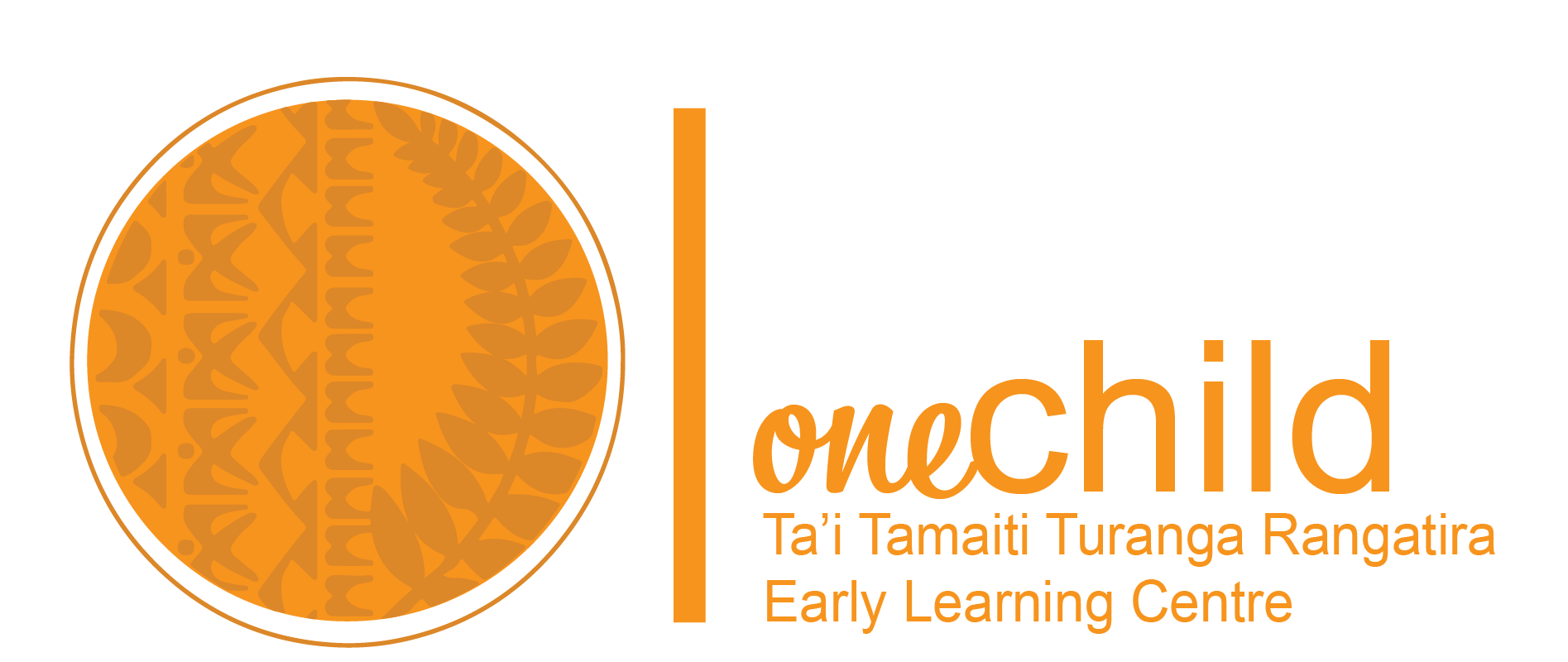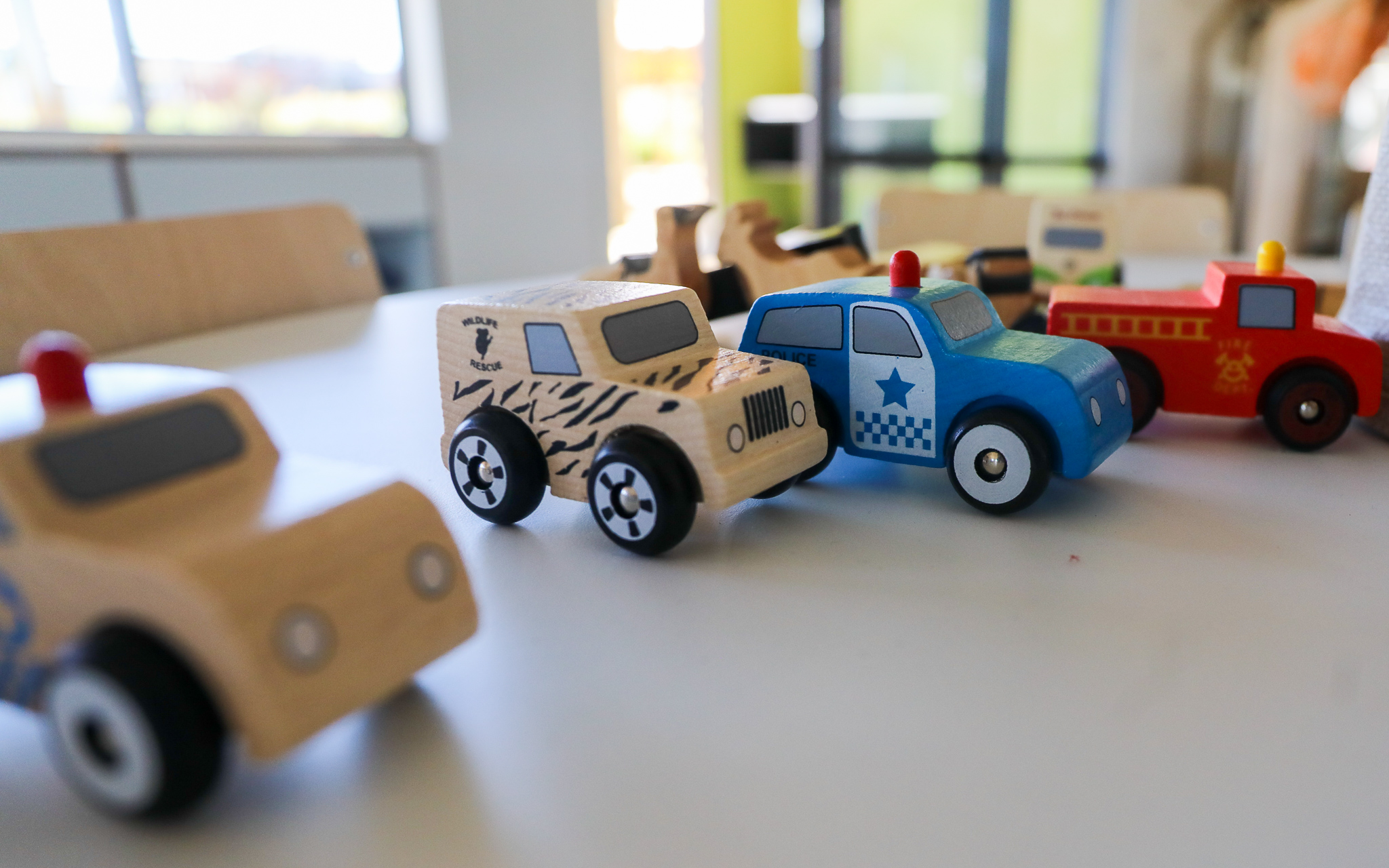Through Te Whāriki, New Zealand’s standard early learning curriculum...
We provide a holistic approach to your child’s learning. This learning is steeped in Cook Islands culture, values, and heritage, knowledge of Te Tiriti o Waitangi, and Tangata Whenua.
“Te Whāriki means ‘the woven mat’. Early learning services use the curriculum’s principles and strands to weave a learning programme for your child. Your child’s strengths and interests, all the things they learn as part of their family, and the early learning service or opportunities are woven together to contribute to your child’s unique learning story.
This story forms the beginning of your child’s early learning journey, to share with your family and whānau, other early learning services and eventually school. Your child’s early learning service will record and communicate your child’s learning story with you in different ways.” (Ministry of Education New Zealand, 2022).
Te Kura Api’i Tamariki Pōtiki is the approved curriculum for Early Learning Schools in the Cook Islands. It mirrors Te Whāriki’s curriculum, “designed to help children know who they are as individuals and as members of family, community and the country”. It recognises the importance of the Cook Islands Māori language, culture and identity, fostering cooperation, respect and care with linkages to the child’s Cook Islands roots physically and spiritually. It is for these reasons that Ta’i Tamaiti has adopted NELP, Tapasa and both Te Whāriki and Te Kura teaching principles below.

